33 Takeaways from Blackweek: "The Black Davos"
Unlocking Brand Money, How to be a Millionaire in 5 Years, Go Play Golf, Gatekeeping "The Culture," and more.
The other week I had the honor and pleasure of attending the inaugural Blackweek conference, co-founded by seven marketing and advertising execs:
Joe Anthony, CEO & Founder, Hero Collective
Walter T. Greer, COO, Innovation North America
Monique Nelson, Executive Chair, UniWorld Group
Dabo Ché, Founder, CHÉ Creative
Andre Gray, CCO, Havas Lynx
Gabrielle Shirdan, Founder, Kitchen Table
Adan Romero, EVP, ECD - Razorfish (Publicis)
Blackweek is described as a global innovation and marketing conference dedicated to creating greater equity for diverse professionals and founders.
They had me at equity. My main interest was in hearing how culture-focused marketers are going below the surface and using their platforms to make impact.
My experience with conferences ranges, but throughout my career I’ve gone to SXSW, AdWeek, Social Media Week, and a few others, and they all offer something different, but overall, IMO, you go to hear industry peers speak and affirm your thoughts about trends, challenges, and innovations, with the occasional gem here and there. Good conferences reach beyond your depth and leave you with new information to adopt or consider.
Here’s what I took away from 2 days of panel hopping…
What you need to know about corporate Board of Directors Roles
WPP, Non-Executive Director Tom Ilube is someone to follow.
1. Board positions are very networked. You have to be “in the flow”. Black talent needs to expand their network with intention and purpose, because the pool is so small. Ways to do this — join a nonprofit Board, the Executive Leadership Council (ELC), or other professional organizations.
2. You must look at being on a board as a career and not simply a position.
3. Once you are on a board, you must have strategic patience. You’re playing chess. Think 2-3 years ahead.
4. Re: AI — Over the next year, Black people will have to be one of the most informed people on how AI is impacting our industry. Create value by having real insights, while others are still learning.
“It is impossible to be the most creative [agency] in the world unless you embrace the most creative community in the world, and we are that community.” - Tom Ilube, WPP Board Member
McCann Worldgroup has a Black woman CEO, Amber Guild.
5. DEI isn’t the right thing to do, it’s the ONLY thing to do for growth. - Amber Guild
6. A Case Study on Authentically Reaching a New and More Diverse Audience:
Estée Lauder couldn’t continue to be your grandmother’s brand, so they enlisted diverse ambassadors like Joan Small and did research to shift the product from focusing on wrinkles to skin texture and hyper pigmentation.
This strategy is working for them.
I 💚 G O L F (So y’all gonna get these golf updates)
Putting the “G” in Golf with the Eastside Golf Founders
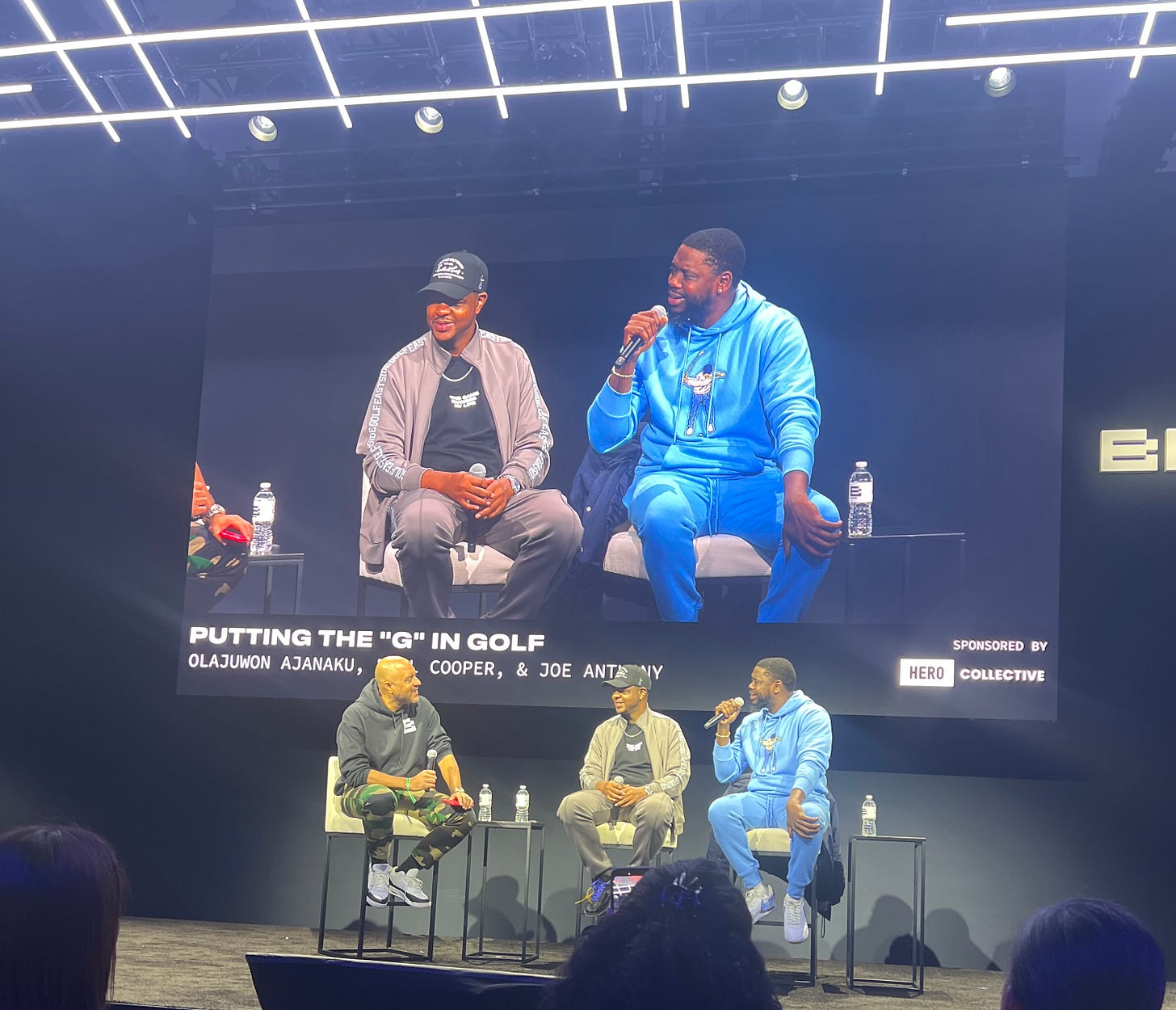
Founder, Olajuwon Ajanaku tried to go pro but ran out of money, so he went into finance, but he still wanted to be back in golf. He started with the Eastside Golf logo that he put on a shirt and at least 100 people asked him about it that day — its history from there.
7. They decided to go all in on quality when entering fashion. Olajuwon ran through his savings to buy inventory. (As a founder this is SCARY as hell, but it definitely made me think about stepping out on faith.)
His Co-Founder, Earl Cooper was never able to go to school with his golf uniform and says that’s their superpower now. You always want to feel comfortable and that’s what their brand does well.
“The misconception of the game is that it’s a white man’s game. Covid allowed people to find the game on their own and define the rules themselves.” - Earl Cooper
“The game is more approachable, just by looking at the logo.” - Olajuwon Ajanaku
8. Meet People Where They Are: Victor Cruz went from not knowing how to hold a club to going on to work with major golf brands like Taylor Made, etc.
Ways Eastside Golf gives back:
Eastside Golf has given back over $250k to the Morehouse golf team.
Eastside Golf Community Day: They go to different cities and buy out a golf course for the day, bring food trucks, water, apparel, instructors. They can’t make the game “cheap” but they can eliminate the financial burden.
The future of Eastside Golf:
Potential ownership of a golf course, their own shoe, and they are talking to Mercedes about building a golf cart.
They want to be a utility - providing information for every consumer touch point — for courses, apparel, equipment, etc.
9. “There’s power in this game and if you’re an executive or climbing, go play golf. There’s power in the game and that’s why they don’t want us to play it.” - Earl Cooper
Diversity Drives Revenue
Sukiana Chancy, VP of Brand Management & Global Marketing, Fenty Beauty had some solid words to share:
10. Targeted Inclusivity: if you’re saying you’re for everyone, it’s not enough to have a blanketed statement. You actually have to listen to people in different communities. You can market the same product to two different communities but use specific language to speak to them.
“I think the consumer is really smart in knowing what’s B.S. marketing and what’s real. Don’t take the consumer for granted…Treat consumers like discerning customers.” - Sukiana Chancy, Fenty
On Being “the Token”:
“You know when you’re the token….when in those situations, I lean all the way in because if you’re going to use me, I’m going to use you to.” - Sukiana Chancy
Some words from panelist Delu Jackson:
11. It is absolute worst practice to bring a token Black person into a room to hit a quota.
Delu talked about having to convince a client not to run with creative featuring a shirtless Jamaican Black man with a scar on his back to promote a product. Considering US’s history with racism, he advised to not run it and had to show images that reflected why.
12. “Diversity teams” need to be in the everyday work, not just the “diversity work.”
13. If the room doesn’t look the way it should look. Use your power to change the room.
I got to check out my guys Coodie and Chike from Creative Control. We go BACK to my Roc-A-Fella days where they directed Kanye’s “Through the Wire” video, as well as being the visionaries behind the Netflix Documentary Jeen-Yuhs.
Now being that I am all For the Equity, I was intrigued by the story they shared of how the name Creative Control came about: Coodie and Chike pitched a concept featuring Kanye and Jerry Lorenzo to Honda and Honda loved it. But then, Honda removed Coodie and Chike from the project and executed it without them. From there Coodie and Chike said to themselves, “We need creative control.”
14. I’m not clear what the project was and if it ever saw the light of day, but boooooo to Honda for removing the creatives behind the idea. This is what it looks like to be a brand that leverages “the culture” without “the equity.”
15. You can’t let your imagination get in the way of God’s manifestation. - Coodie
16. Creating a framework for inclusive data:
Use multiple sources
Use data that’s collected or created by Black and brown people.
Be aware that there will be a bias coming from AI
17. The future of DEI: We’re trusting AI before letting a person of color make a decision. The future is focusing how to make better datasets and identify people to make decisions (decision trees).
18. People are coming with the right intentions but bringing their own bias to AI. The user has to also be retrained on how they are asking questions of the world.
19. AI has the job to make its parent company money, so we have to be careful because it inherently won’t work to benefit marginalized people.
20. Data is a new advocacy. - Larry Adams, Founder, XStereotype
Re: DEI…
21. There is acknowledgment that there is a downsize happening, but DEI isn’t going anywhere.
“We’ve progressed but also regressed.” - Tope Ajala
22. The Secret Sauce of DEI:
Tenacity
Become best friends with your finance partners “money rules the world”
Engage with people who don’t look like you (it’s hard to cut a thing that has broader investment).
Re: the State of DEI and really misinformation in general…
“An organized lie, is stronger than a disorganized truth.”
- Adrianne C. Smith, SVP and Senior Partner, Chief Diversity and Inclusion Officer at FleishmanHillard
A Road to Equity: GM has the aspiration to be the most inclusive companies in the world.
Detavio Samuels (Revolt) and Tarshena Armstrong (GM) discussed the business and the social case for spending with Black-Owned media:
GM is going to get to 8% of their media spend supporting Black owned media by 2025. The 8% is reflective of data around their Black consumer market share. As of now they’ve dedicated $50M to Black media.
23. For Black-Owned Media trying to unlock brand money:
“You gotta inspect what you expect.” Brand lift studies and data driven measurement are important to brands. Black owned media needs to do a better job with measurement bc that’s the way we’re going to win.
Know the briefs better.
Don’t be afraid to partner with other organizations who fill your gaps. (I.e. digital and programmatic, brand lift studies)
Be adaptable to the changing environment. (E.g. Use innovation like AI)
Check out GMRoadtoEquity.com for small businesses that want be in GM’s media supply chain — submissions, pitches, and resources.
Black Lemonade - How Capitalism Gives Birth to Culture
This panel really spoke to what I came for…
My Words: Ultimately, it’s not a brand’s place to be “for the culture” and brands need to understand their place in “the culture.” In turn, marketers need to assume a certain level of care when offering up cultural currency to brands.
Their Words:
Joe Anthony of Hero Collective:
THE Culture: The emotional connectivity that we share that is inherent to how we collectively navigate our lives. (Also noted: we know who we’re talking about when we say “THE culture” vs. “culture.”)
“We’re taught to associate influence with privilege, but we constantly see Black culture defy the odds…Our oppression walks hand in hand with our influence.”
Examples of socioeconomic situations that led to cultural Influence:
Streetwear: Our caregivers would buy baggier clothes so you could grow into things.
Sneaker Culture: A $100B industry was born out of gang culture with blue and red Nike Cortez. You could buy them for $30 but you had to make them special and keep them clean because you didn’t know when you’d get a new pair.
24. Culture is what you contribute:
Culture as a Contribution: A brands role in culture should be to advance consumers or society in a meaningful manner.
From Surviving to Thriving: Association may get attention, cultural advancement drives loyalty.

Dabo Ché gave us some things to think about:
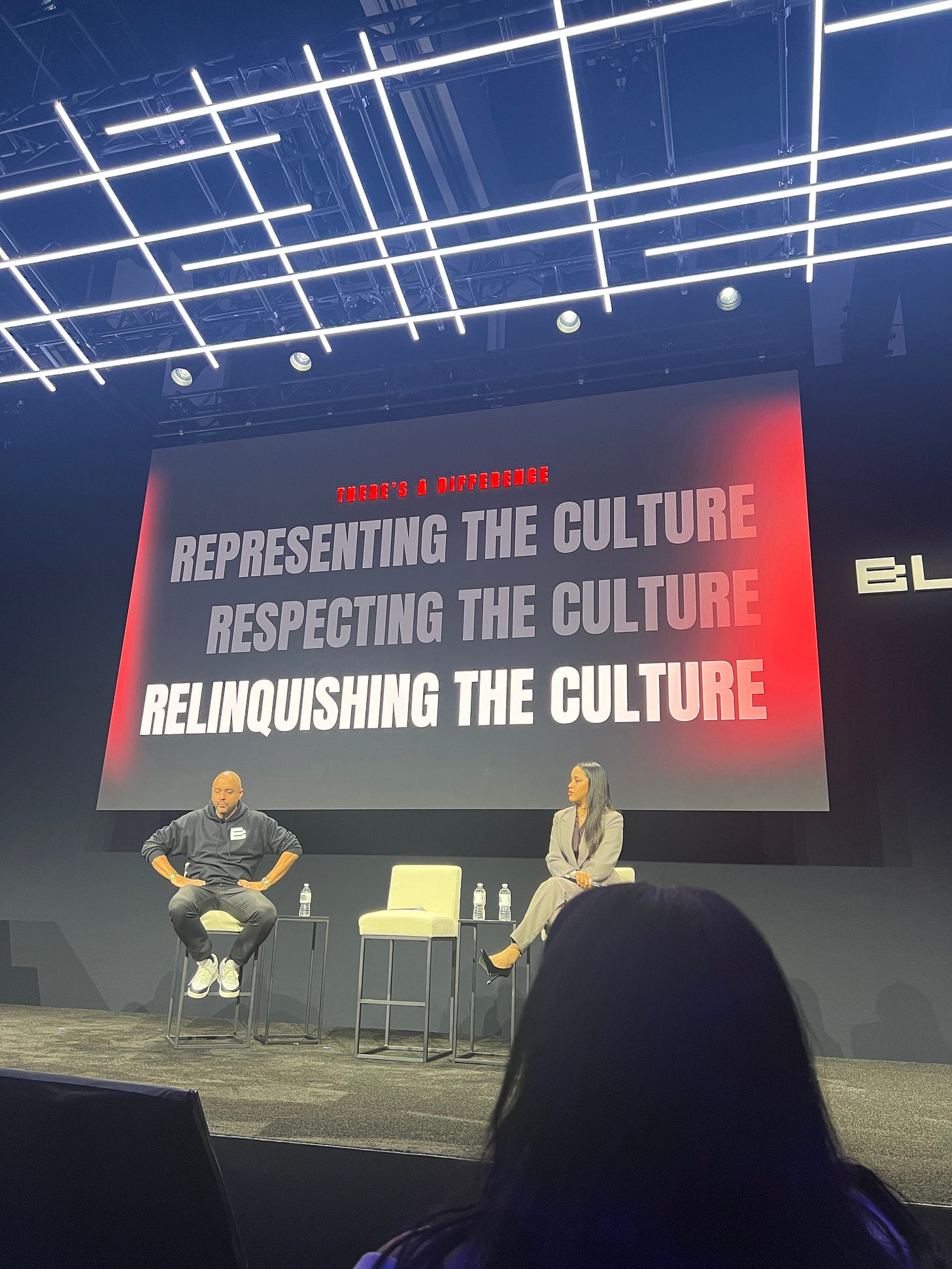
25. Gatekeep the culture.
26. Don’t hire great marketers of the culture. Hire great gatekeepers of the culture.
27. How do we gatekeep?
Tap into people that hold the culture in high reverence.
Systems over seats
Presence in the roomvs Power In the RoomGo to organizations that are organic to the culture
And Gabrielle Shirdan closed it out:
Dear Brands,
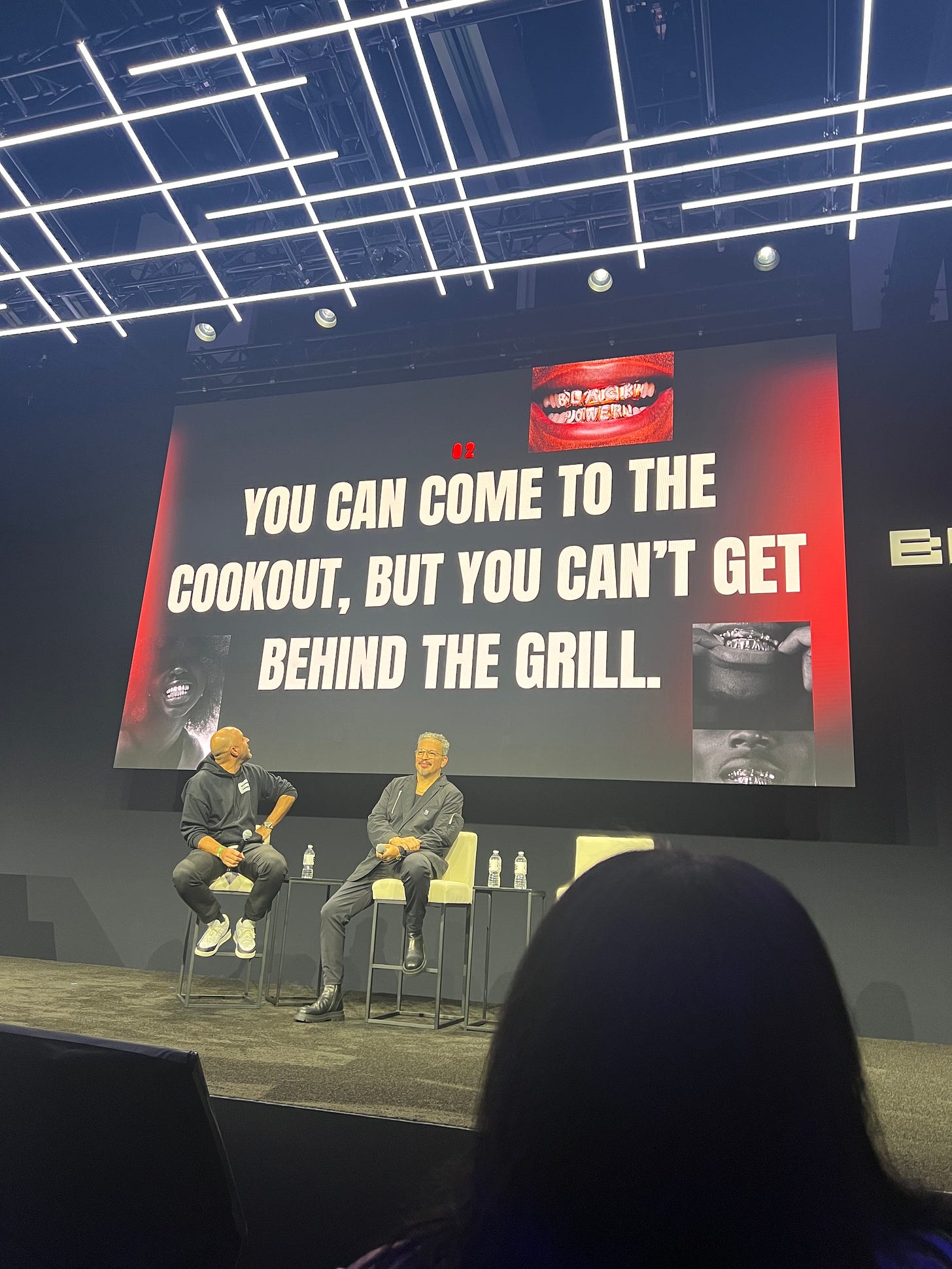
28. At a time when the fear of being cancelled is real, what is Creative Bravery?
Then: It used to look like the most well crafted piece of creative we can put out there. Creative bravery was measured.
Now: What are you really saying that’s meaningful? Taking a stand.
Using your platform to allow different voices to take the spotlight. - Kinney Edwards
How is it going to make people feel? More empathy. The desire to leave a legacy. - Rakia Reynolds
We’re struggling to see brands lean into creative bravery. We’re leaning in to creative ignorance. - Latoya Christian
Provocation on Purpose
I only caught the tail end, but this one was interesting. I like Rocket Mortgage’s CMO Jonathan Mildenhall’s story, insight, and everything he had to say about joining Rocket Mortgage, after turning down a shot at the Nike CMO role.
On Feb. 9th, Rocket Mortgage will unveil their new Rocket brand. Jonathan said he iss proud to work for Rocket Mortgage, because they are working with policymakers to make sure it’s easier for Black and brown people to get mortgages for the 1st time.
HOWEVER, not more than 7 days later, Rocket Mortgage is in the news for racial discrimination…
As a marketer, often times, we do a lot of heavy lifting to make the brands we work for look good. I firmly believe that we are the lowest hanging fruit to social impact, when we are able to weave creative solutions directly into our work.
29. But the truth is, marketers alone cannot carry the burden of righting corporate wrongs.
Re: the Black Economic Crisis…
John Hope Bryant brought the energy and the information!
“We are 0.057% of the world, but we decide what’s cool.”
“We have to move from dancing on that stage, to owning it.”
“If you hang around 9 broke people, you’ll be the 10th.”
“A great negotiation is where everyone walks away slightly irritated.”
The average credit score of Black people is 620.
1 out of 4 Americans that qualify for EITC don’t take advantage of it.
30. The magic of real wealth creation:
Buy a house
Open a stock account
Create a 1-page will
Get a Term Life Insurance policy (He mentioned $1M, but do what is sustainable for you)
31. How to be a millionaire in 5 years:
Go hood adjacent in a B city on the come up. Buy an affordable house. The worst house on the best block and rehab it. Use the equity in two years to buy another house in a working class neighborhood, rehab it and rent it. Do this 3x’s. Do not sell it. - John Hope Bryant
And last, but certainly not least…Culture, Marketing’s Buzzword
Dear Dr. Marcus Collins,
I sometimes cringe when I see the term “For the Culture,” because I often find that it is used in a way that involves brands packaging up Black culture and selling it back to Black people.
I appreciated Dr. Marcus Collins’ broader look at the term culture, his dynamic presentation, and his engaging way of breaking it all down. I was locked in.
32. Culture Determines Perspective:
We choose the brands that align with our identity
33. You have to see culture as a place to give and not to take. - Dr. Marcus Collins
Overall:
The Venue: Spring Studios (NYC) was a good backdrop for people moving from room to room for panels, networking, and some experiences (e.g. Bevel had an interactive lounge with product sampling).
The Topics: Black-centered conversations at the intersection of marketing, culture, technology, and economic growth.
The Talent: A really solid lineup. Marketing executives and creatives, corporate, agencies, startups, nonprofits, CEOs, CMOs, Board members, and celebrities all came together to share their insights and perspectives.
The Blackweek team did an amazing job for year one and I look forward to how it will continue to grow, but most importantly how the conversations will translate into actionable insights that are brought to life in future marketing campaigns.
S/o to John Frazier from Hero Collective and Africa McClain from Ella & Jane Productions for their hospitality and flawless executions.
Let me know which takeaways got your attention.
For the Equity,
Kelle






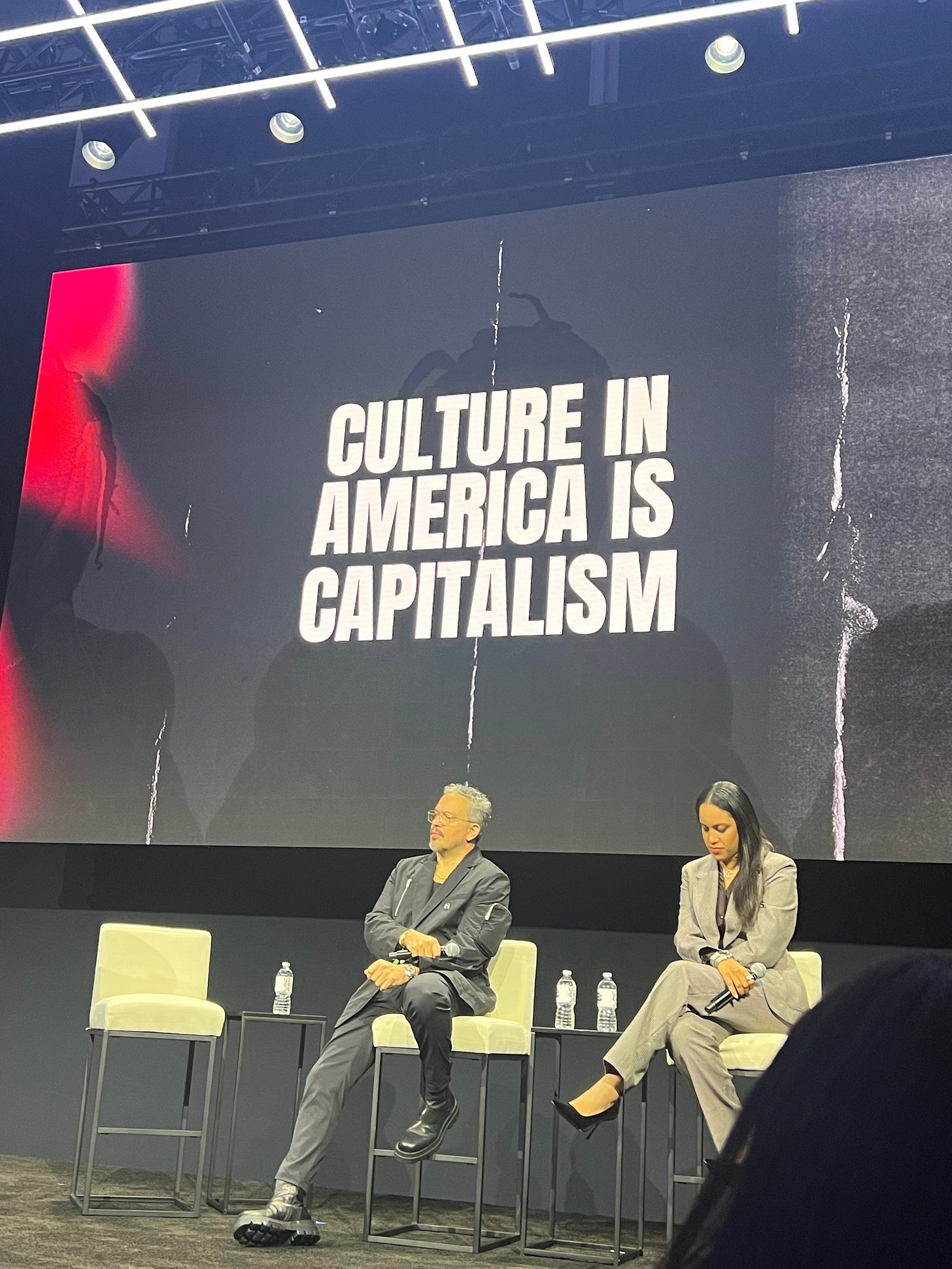

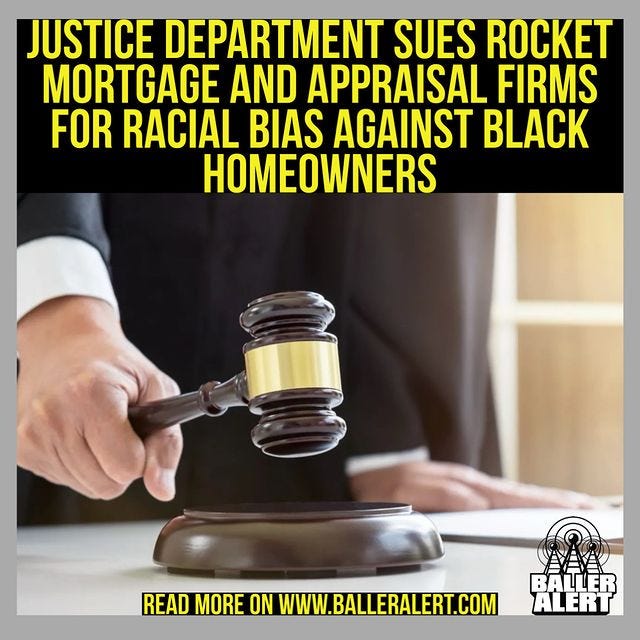
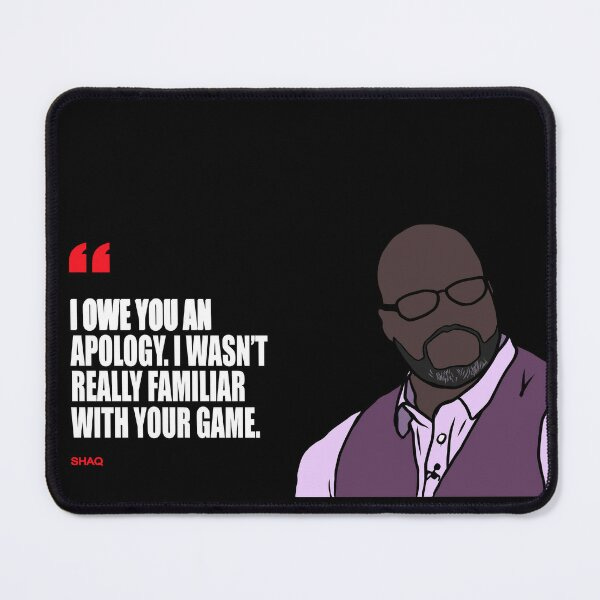
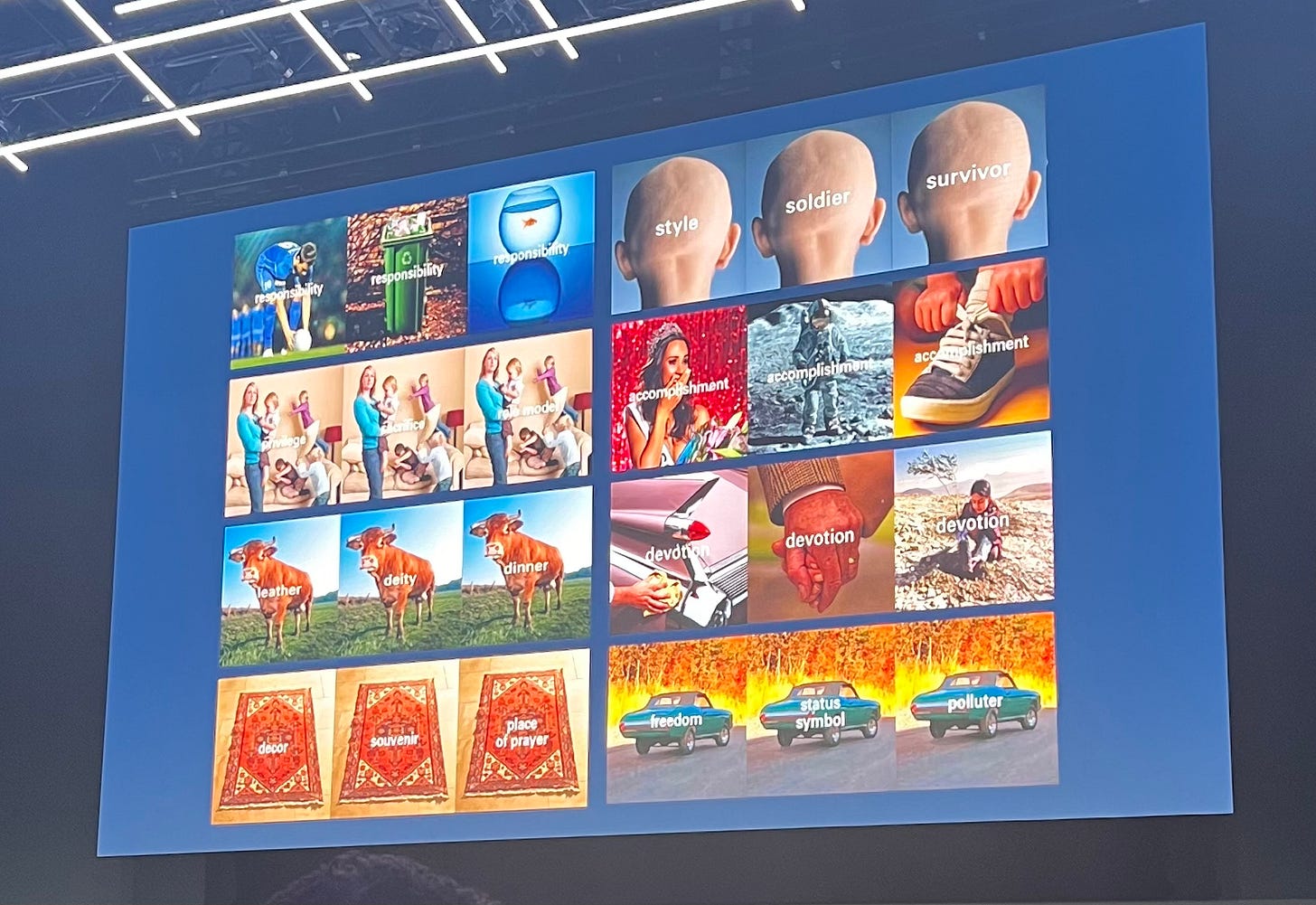

Thanks for the recap. Sounds like a conference to keep my eye out for next year!